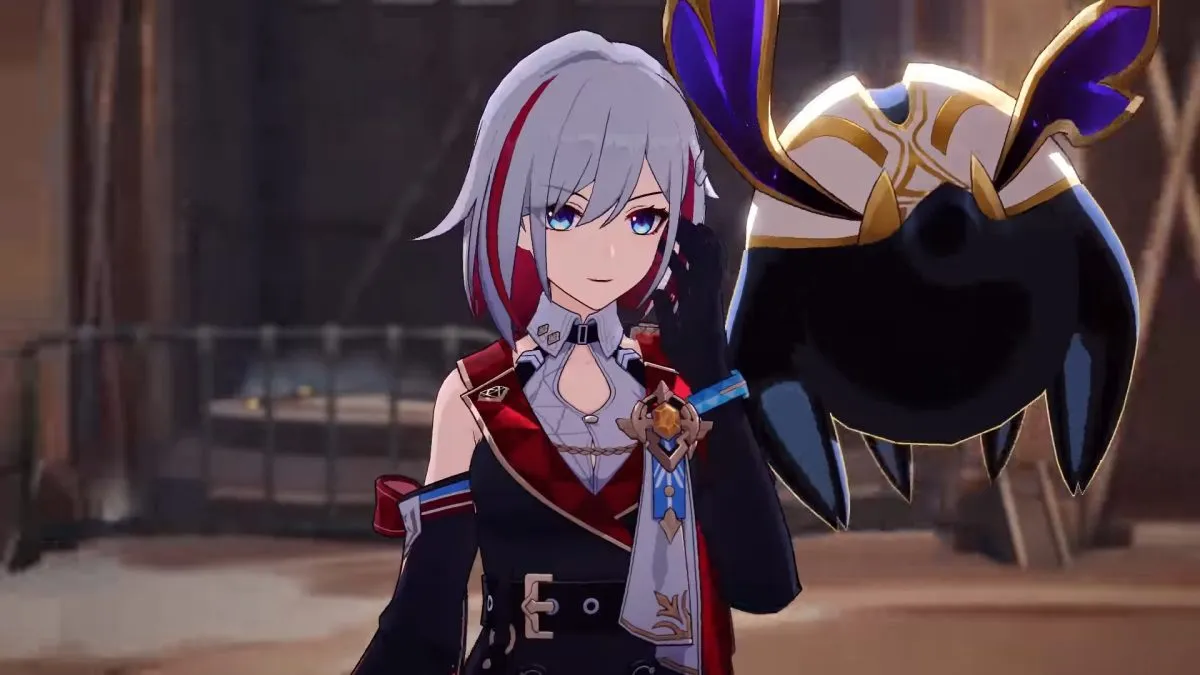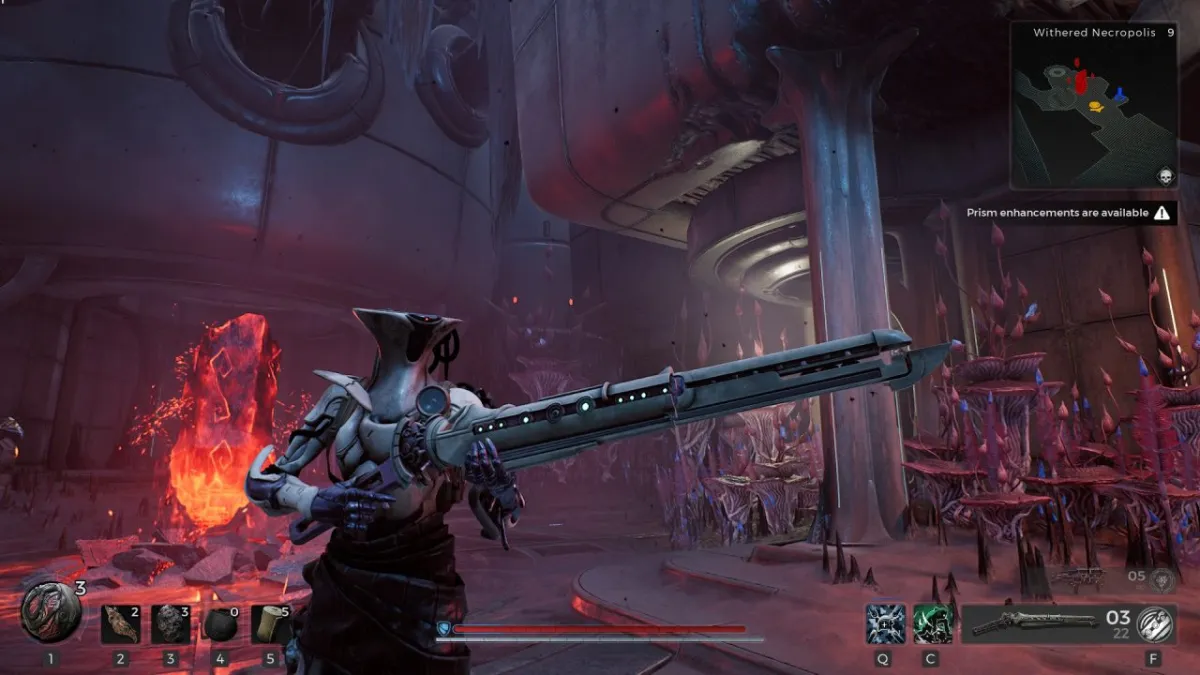Hello. I’m still Tim McDonald, I’m still playing Dota 2, and this is still the Beginner’s Guide to Dota 2.
Funny thing: the more I play Dota 2, the more I realise I’m terrible at it. And yes, that’s an exaggeration, but not a big one.
I think there’s actually a degree of progression with that. When you start off, you’re a newbie and you know you’re pretty rubbish. When you reach a certain point (maybe around 200-300 hours, although it’s more “skill” than “time”) you’ll start to assume you’re actually pretty good. You’ll be making calls, and shouting at people, and wondering why you keep getting matched up with idiots. Then you play more and realise exactly how much you still have to learn.
But I’m not here to talk about that. I’m here to talk about the support role, both because it’s unbelievably important, and because I’ve seen lots and lots of people doing it very, very badly.
So what is a support, anyway?
Oh good, you’re back.
Hello!
Hello. A support is, generally, a hero who doesn’t need money to be useful. Being that Dota 2‘s classifications are insanely nebulous, that’s not exactly right, but it’s a good rule of thumb. It might also be that they’re really good at babysitting other people in lane, so that your own carries – who do need gold – can farm up to big items without worrying about getting harassed and destroyed, and so on and so forth. Or maybe they can be incredibly aggressive early on so that the enemy carry can’t sit in lane, or so that your own carry can get a few kills. Etc. It’s not the most glamorous role and you’re highly unlikely to be the game winner unless you’re one of the rare supports with a game-breaking teamfight ultimate (Disruptor, for instance), but it’s an important role nonetheless.
The upshot of this is two things: firstly, a support laning with someone who does need gold means that the latter can take all of the gold in the lane. Secondly, because the support doesn’t really need gold, they can spend what little they do get on items that benefit the whole team. That’s why supports tend to pick up Mekansm, Wards, and – of course – the Courier.
So do supports ever need gold?
Sometimes. There are a lot of items that are useful on supports, but they’re generally secondary to the big things like Mek, Pipe, or Wards. A lot of supports will go for a Force Staff, so that they have some extra mana and a bit more mobility. Others, who have strong disabling abilities (like Shadow Shaman with Hex and Shackle, both of which can lock down opponents) might pick up a Blink Dagger so that they can leap into a fight and shut someone down instantly. If they’re getting really well farmed, then they might spring for a Scythe of Vyse or something of the sort. You’re just not likely to see them getting things for right-click damage, really – they’re focused more on utility than anything else.
And yet, despite this, you’d argue that they’re important?
Supports are massively important.
Why? Why not just take an extra carry who can beat the hell out of an enemy?
For one thing, because there’s a limited amount of gold. If you have two carries in a lane, then both of them will be fighting for money, which means neither of them will get the shitloads of cash they really need to be truly effective. For another thing, supports don’t need the gold because they have abilities that are really useful at any point in time – as mentioned above, these guys and girls tend to have a lot of utility. Lion has an area stun, a single-target lockdown, the ability to drain mana, and one of the most lethal ultimates in the entire game. Crystal Maiden can slow people and lock them in place while regenerating the mana of her entire team. Dazzle heals up his team, can make them temporarily invulnerable, and can increases the armour of all allies in a vicinity while decreasing the armour of all enemies. They are very useful.
So why not just go with a team of five supports, then?
Well, you theoretically can. I mean, I’ve won games like that before, and with the right line-up it can give you an awful lot of early game presence. The problem is that early game presence is basically all it gives you; if you haven’t ended the game within around 20-25 minutes then your opponents are going to start getting Black King Bars and other big items, and suddenly you just can’t fight them toe-to-toe anymore.
Supports are dangerous, but for the most part – and excluding those like Windranger and Lina, who can easily move into a semi-carry role – they’re focused on utility, not outright combat. Lion might be able to kill almost anyone with his ultimate and his stun, but he can kill exactly one person with it, and then he’s got to wait awhile. If they have more than one person capable of killing him and he’s got no backup in terms of, say, a well-farmed carry, he’s going to die. If an enemy has a BKB, all Lion can really do is tickle him with auto-attacks. Etc.
And before 17 of you jump into the comments to tell me I’m wrong, I’ll point out that I’m generalising. If I talked about every single exception to these generalisations, this would take me a very, very long time.
So how do you actually play a support, then?
There are three things you should bear in mind. First, buy the Courier. Second, buy Wards. Third, keep your team alive.
How the hell are people doing that badly? That sounds ridiculously simple.
Well, let’s take them in order.
Oh no. This is going to be a wall of text, isn’t it?
Er. Maybe?
I’m sighing inwardly. Okay, so: buying the Courier. How can that go wrong?
I’m not sure it’s sighing inwardly if you tell me about it.
Anyway: generally, buying the Courier isn’t a problem; if you’ve got at least one support, they’ll almost certainly do this unless they are terrible at their role. Upgrading the Courier, however, can be. Since a recent patch, the Flying Courier is locked until the game hits three minutes, and it’s all too common for the supports to forget this and not actually upgrade it for awhile. Considering how important the Courier is for mid – let alone the other lanes – this is a problem.
As such: if you’re playing support, keep an eye on the timer. Unless you’re using your money for something far more important that’s urgent for your lane survival (which is possible; against a heavy harass lane, early boots or wand might be more important if you can buy them right then and there) then buy the Flying Courier as soon as you can. Please. Everyone else will love you for it. If it gets to 12 minutes and the Courier still can’t fly, you’re doing your job wrong.
So what about Wards?
This might be a long one.
Ugh.
There are two types of Wards – Observer Wards and Sentry Wards. Observer Wards give vision around an area of the map. Sentry Wards give no vision, but if you can see that area, then they’ll reveal anything invisible lurking there. Like, say, the opposing team’s Wards. Or Riki.
If you’re a support, then listen closely: Observer Wards are probably the single most important item in the game.
That sounds like hyperbole.
It is, but I really, really cannot stress enough how insanely important they are. Early on, they’re useful for marking out where the river runes have spawned (which is helpful for your mid, particularly if they’ve bought Bottle) and for giving you advance warning of ganks. Later on they give you vision of the map, which means that you can see where the enemy heroes are – or, at the very least, where they aren’t.
Let’s take three examples. If you’re winning and you have map control, then you can plonk some Observer Wards down in the enemy jungle and the outskirts of their base, and you’ll be able to see them whenever they try to do anything. If they have a hard carry like Alchemist and he sneaks into the jungle to try and farm up, then you’ll know about it and you can go and kill him. You can make the enemy scared to leave their base, and keep your advantage secure.
If the game is pretty even, then Wards around the river – and perhaps one or two a little way into enemy territory, or a little way into yours – provide security. If the enemy is coming to gank a lane or is about to roam into your jungle, you can see them coming and either muster a defence or get the hell out of there. Equally, if you have Wards up, then maybe you can spot a lone hero and take him out.
If you’re losing, then defensive Wards (Wards placed in your own jungle and territory) are king. Firstly, you can see if the enemy is massing forces to come and hit one of your towers. Secondly, your carries can safely farm the jungle whenever the enemy isn’t there; if a foe wanders into the jungle, said carry can then run back to safety.
In short: vision gives you information. It lets you decide when to engage in battle and when to avoid it; it lets you know what’s coming and keeps you safe, and lets you harass the under-warded. Observer Wards last seven minutes, and come in sets of two, with two sets of two being the maximum amount your store can carry. On that note, it takes six minutes for the store to spawn another set.
In short, if your store has two sets of Wards in it, your supports aren’t paying enough attention.






Published: Jan 7, 2014 06:55 pm